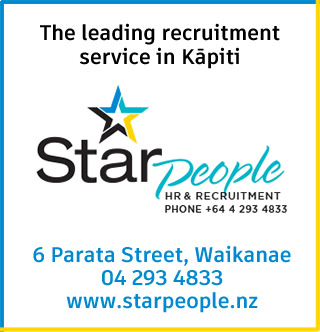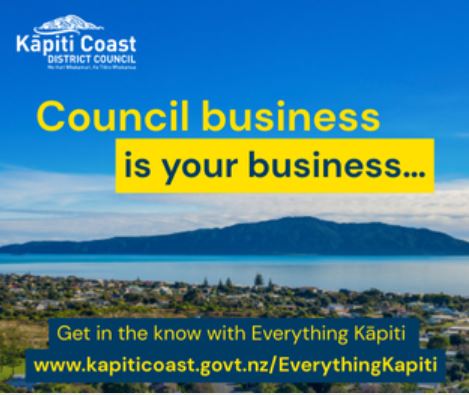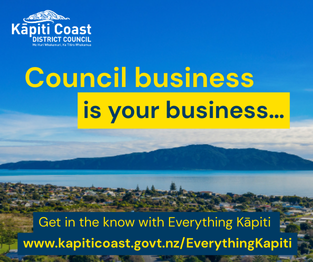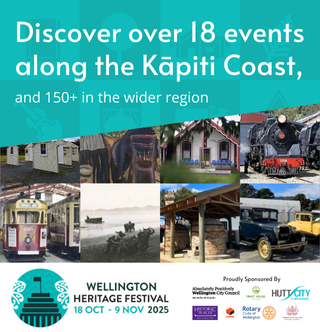
A 12 December gathering at Otaraua Park on the Kāpiti Coast marks the transition of the Waikanae Jobs for Nature project into an ongoing, iwi-run business and legacy supporting nature in the Waikanae River catchment.
The Waikanae Mahi mo te Taiao project was established four years ago as part of the Government’s Jobs for Nature programme, building on an existing environmental partnership between mana whenua, Ātiawa ki Whakarongotai, Kāpiti Coast District Council, Greater Wellington Regional Council, and the Department of Conservation.
The project aimed to train and develop kaimahi in skills like environmental restoration, pest control, sustainable land management, and riparian planting.

The injection of Jobs for Nature funding boosted the partnership’s work to restore the health of the Waikanae River and achieve social outcomes. An independent review of Jobs for Nature has found that around $4 of benefits have been delivered for every dollar invested across the DOC-funded projects.
The project has been managed by local firm Groundtruth. Kristie Parata, Iwi Coordinator for Groundtruth, says a key aim of the project has been enabling rangatahi to train and work as kaitiaki on their awa and whenua.
“Through this work, we have achieved so much for our people and for our taiao,” says Kristie. “Our kaimahi have learned a wide range of skills, including plant nursery, environmental monitoring, fencing, track cutting, and pest control. Many have also reconnected with their past and heritage, and discovered new life paths and future goals, which is incredibly rewarding.
“We have learned to appreciate that a healthy taiao requires a lot of boots on the ground. The hard mahi of weed control and planting, contributing as kaitiaki, has brought our whole whanau on a journey of wellbeing.
“As a community, we all have aroha for this place we call home.”

The outputs from the project include over 22,000 riparian plants and over 100,000 other native plants planted, 2000 hectares of goat control, and around 600 hectares of possum control. Sixty-seven trainees across 10 groups graduated through a 3-month course, receiving unit standard training and hands-on learning. Many of these tauira have gone on to become kaimahi on project work, and to find employment in the conservation sector and beyond.
Kāpiti Coast District mayor Janet Holborow, Chair of the governance group, says the great success of the partnership has laid the foundations for future collaborations.
“It shows how we can all do better together,” says Janet. “The skills and connections gained by kaimahi have wider ripples far beyond themselves and this project. They’re able to go on to make significant contributions to their whānau, iwi, and the wider community. That’s something we can all benefit from.”
Ātiawa ki Whakarongotai is now looking to transition this project into an iwi-led environmental business to support continued delivery of employment and environmental outcomes at Waikanae.
The legacy also continues on the more than 2000 hectares of the catchment supported by property or work plans guiding their restoration over years to come.
Links: Groundtruth www.groundtruth.co.nz
More about Jobs for Nature at https://www.doc.govt.nz/our-work/jobs-for-nature–mahi-mo-te-taiao/



















































